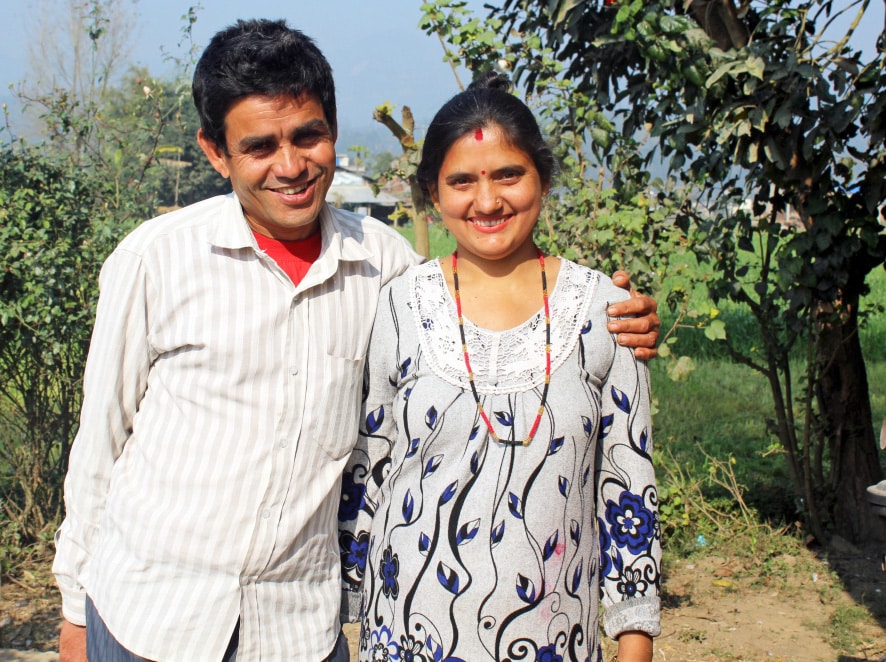

A Qualitative Examination of Alcohol Use and IPV among Nepali Couples in a Violence Prevention Intervention
Looking at alcohol as an accelerant to intimate partner violence, based on data from our Change Starts at Home project in Nepal
A Project of —
Nepal, Championing Gender Equality & Women’s Empowerment
This article was published in the international journal for research, policy, and practice, Global Public Health on 22 October 2020. Authors include EAI’s own Binita Shrestha, Prabin Nanicha Shrestha, and Gemma Ferguson. Read the abstract below and click the link for access and purchasing options.
Abstract
Intimate partner violence (IPV) impacts the physical and mental health of one in three women globally, with equally high rates in rural Nepal. The risk of physical violence, stalking, harassment, and homicide between intimate partners increases when alcohol is used by the perpetrator. This study evaluates the impact of Change Starts at Home, a nine-month intervention to prevent IPV in which 360 married couples in the Terai region of Nepal listened to a serial radio drama and engaged in Listening Group Discussions. A sub-sample of 18 couples were selected for individual in-depth interviews that were taken at the end of the intervention and 16 months later. Participants strongly and consistently associated alcohol use with IPV against women in their own and others’ relationships. Husbands and wives agreed that men sustained reductions in alcohol use, conflict, and perpetration of IPV, attributed to improvements in communication, conflict resolution, and a reduction in alcohol expenditure following the intervention. The results of this study suggest that integrating programming on alcohol reduction within IPV prevention interventions in the Terai region of Nepal has benefits on couple functioning, alcohol consumption, and IPV perpetration.